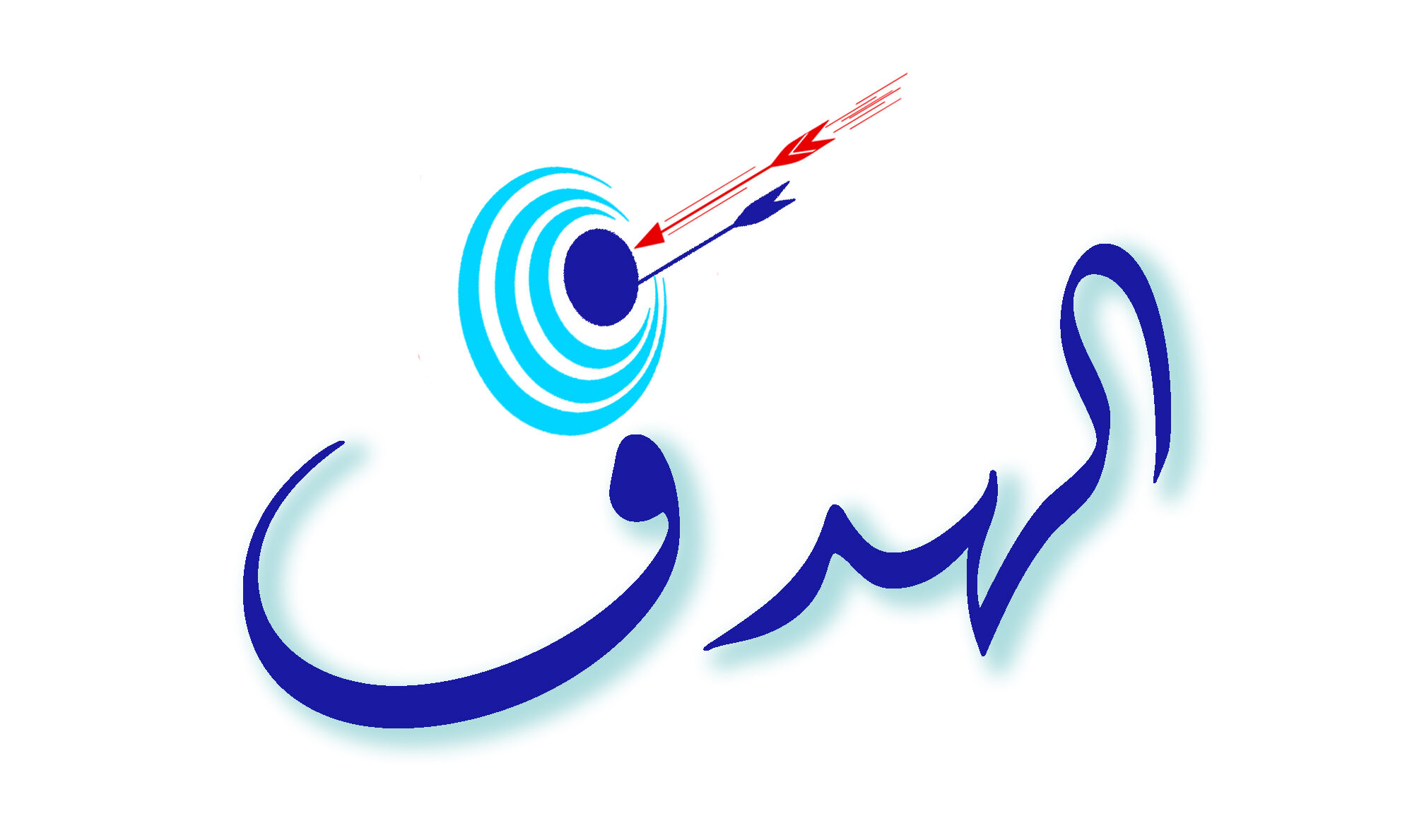A storm of hype is taking place in the case of the Governor of Lebanon’s Central Bank, Riad Salameh, one closest to a “circus” if one looks at an actual outcome of it all: No penny will return to the depositors in Lebanese banks or to the Lebanese people from the looted money, if it keeps as such.
The bottom line is the “Lebanese judiciary.” If it moves forward, or if the part that has risen up for justice of it continues its reformist movement at the minimum level ــ most of it consists of civil judges and a limited number of penal judges who dared to serve justice to rights holders, especially depositors ــ then the Lebanese people could count on and support it. Tangible results remain the benchmark, far from mere slogans or just fizz; and, of course, had the other part where corruption is most striking, including public prosecutors and investigative judges, moved to fulfil the role of genuine Public Prosecution, further benefits to the Lebanese people would accrue.
At this very sensitive time for Lebanon, the United Alliance calls on the Lebanese judiciary to move from the position of a spectator to that of a capable player, with its sole authority to hold the perpetrators accountable and to prevent further assault on the rights of citizens. All forms of politicization and exploitation of citizens’ basic rights, by all local and international standards, ought to be removed. Lebanese joining forces is much needed to restore these rights and limit their compromise by an “evil trio,” at the expense of the Lebanese people: Banks and their owners, Central Bank and its governor and his entourage, influential politicians and their adherents.
Perhaps what the United Alliance lawyers and their associates have adamantly established over the past four years, in terms of evidence-based lawsuits closely related to the ongoing crisis, offers valuable substance for competent judges to build on. Of course with emphasizing the need to distance all forms of politicization from these suits and completely abandon the idea of using them as a vehicle to rid perpetrators from prosecutions by foreign judiciary. The lawsuits, most of which are at the stage of due interrogation after the Court of Cassation has decided on defendants appeals, include but are not limited to (with their defendant names, district court registration numbers and charges):
– Riad Salameh: Mount Lebanon – Investigative Judge, 297/2020: Harming the national currency
– Riad and Raja Salameh and their accomplices: Mount Lebanon and Beirut – Investigative Judge, 68/2021 and 3337/2022: Money laundering at a value of $350 million
– Salameh, Sehnaoui and their associates: Mount Lebanon – Investigative Judge, 270/2021 and 102/2022: Mecattaf Company’s transfer of funds exceeding $6 billion
– Riad Salameh and his accessories: Baabda – Execution Department, 168/2021: Request for precautionary seizure of their money and assets
– Banque du Liban and money exchange agents: Mount Lebanon – Investigative Judge, 1031/2021: Squandering the dollars of subsidized goods
– Riad Salameh and Banque du Liban’s Central Council and commercial banks: Bekaa – Investigative Judge, 92/2022: Causing a financial collapse
– Riad Salameh and Banque du Liban: Beirut – State Shura Council, 24861/2022: Revoking Circulars 151 and 158
– Riad Salameh, his family members and their partners: Beirut – Investigative Judge, 202/2023: Money laundering at a value of $10 billion.
—

